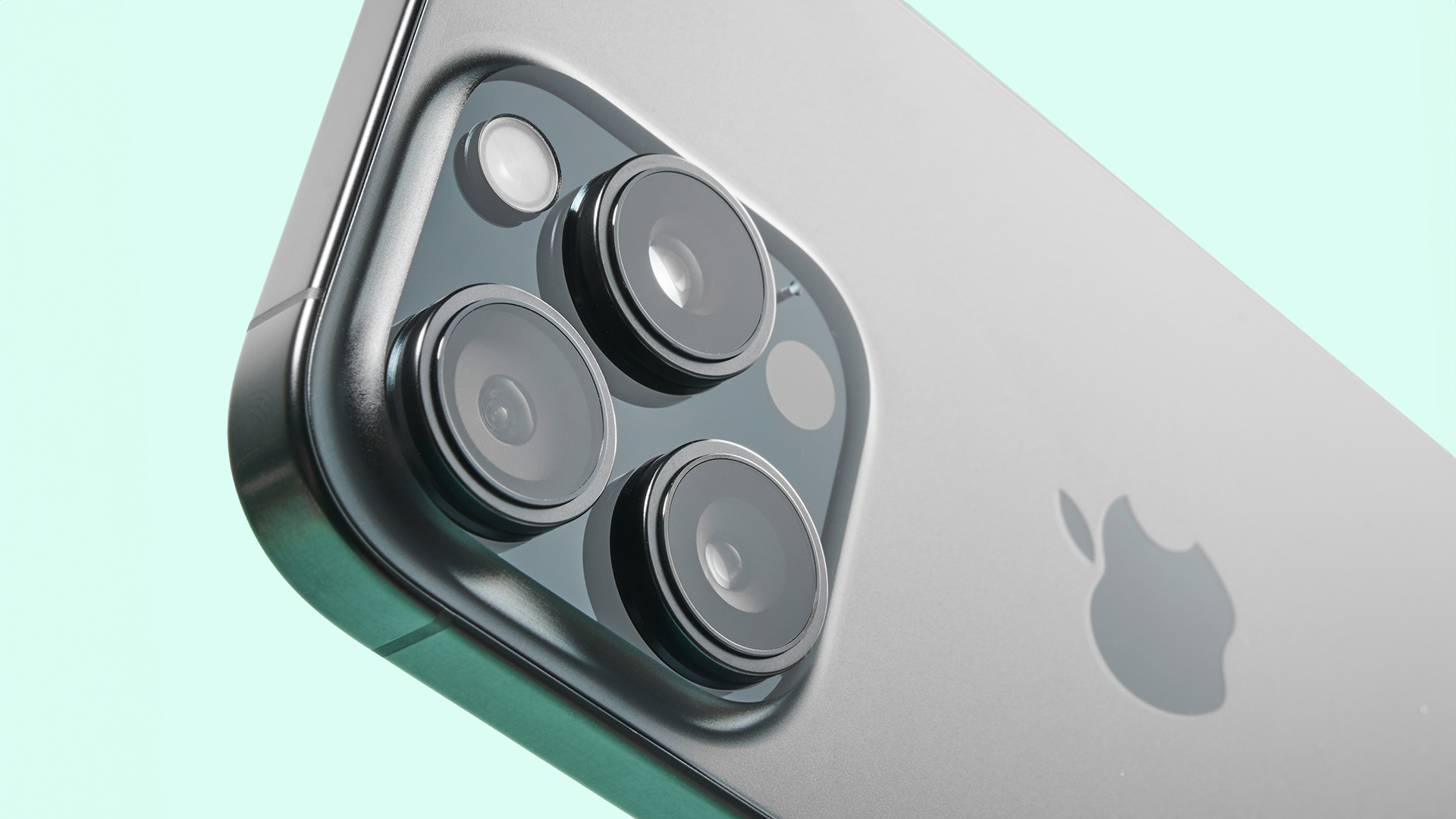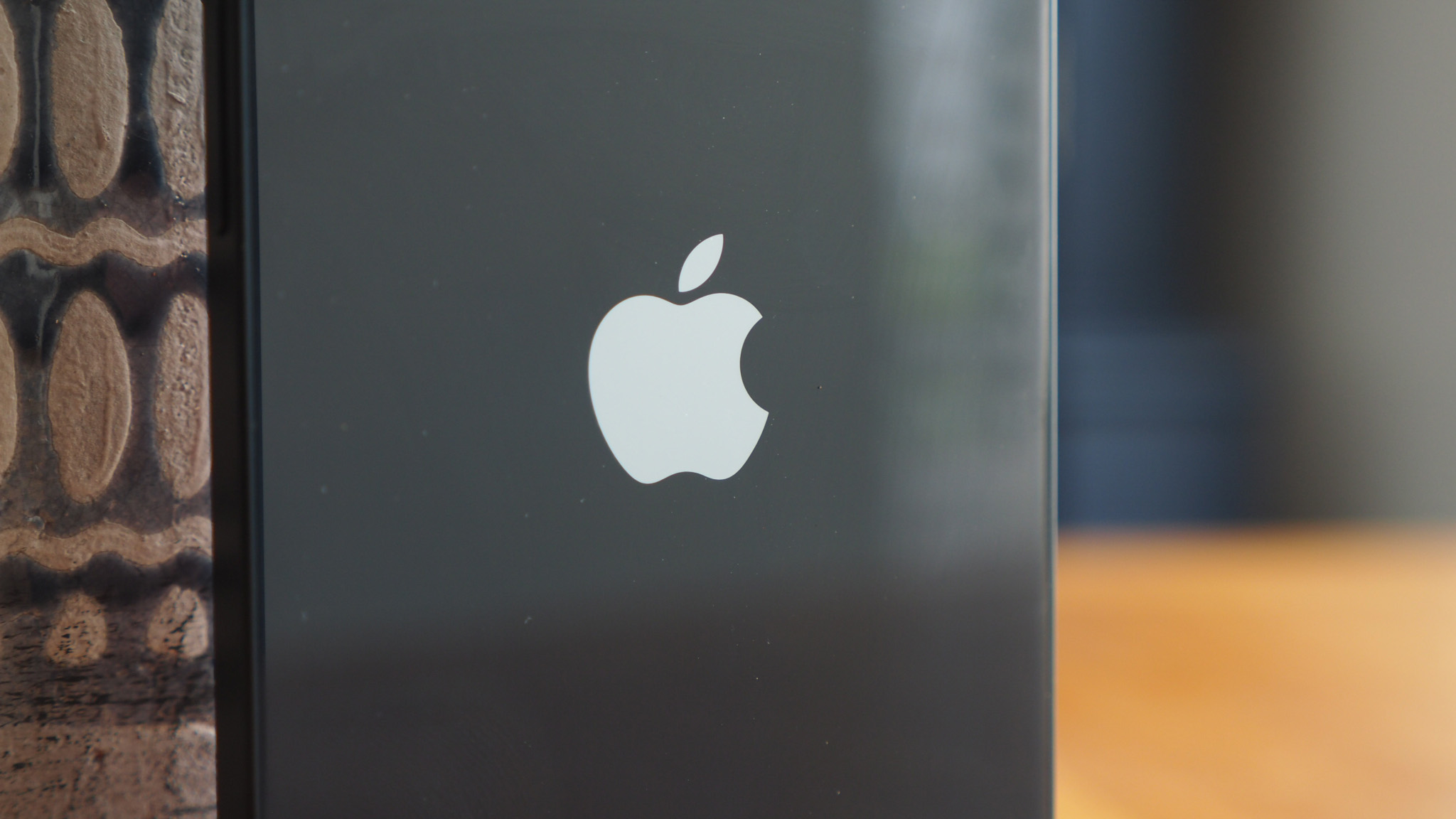
It's been a pretty turbulent week on the global political scene. Donald Trump's US Government published a list of trade tariffs which were set to be imposed on other countries.
That, in turn, sparked a landslide in the stock market and widespread unrest around the world. Subsequently, the tariffs for every nation barring China have been put on hold for 90 days, as reported by the BBC.
One thing which has been the font of much debate is the Apple iPhone. Specifically, questions have arisen over whether or not the brand could manufacture its flagship devices in the USA. It's something which Donald Trump and his spokespeople insist is a realistic possibility, despite opposition from analysts and Apple itself.
That comes as it has shipped planes full of phones from India in a bid to circumvent the larger penalties placed on China – the nation where most iPhone production takes place.

So, can it be done? Well, the short answer appears to be no. There are many reasons for that, but perhaps the most compelling evidence comes from Apple CEO, Tim Cook.
He says that the skilled workforce which exists in countries like China simply does not in the USA. That would make the process all but untenable.
Still, let's not just take his word for it. Speaking with CNBC, Needham analyst Laura Martin brought up the point of supply chain. That, she says, would take years to move over, and would not happen instantly. The report suggests that other supply chain analysts insist it's not a possibility.
Take the Indian plant which Apple has started using as an example. That has been in full-swing for around three years, and still only accounts for a fraction of the iPhone production worldwide.

Really, that makes sense. Hypothetically, even if Apple was able to find legions of mythical skilled workers from the ether, there are still two issues.
First is cost – while Cook insists that using China for manufacturing comes down to the volume of skilled workers, the lower wages are certainly an ancillary benefit. Boost those up to US levels and the knock-on effect for the retail price would be notable.
The other is that a lot of the parts within the device still come from overseas. And while I can't say for definite, I'd guess there are at least some components within an iPhone which are produced in China – the country which is baring the brunt of the tariffs.
Importing those parts on a component-level basis would still incur tariffs, which would surely negate the point altogether.







